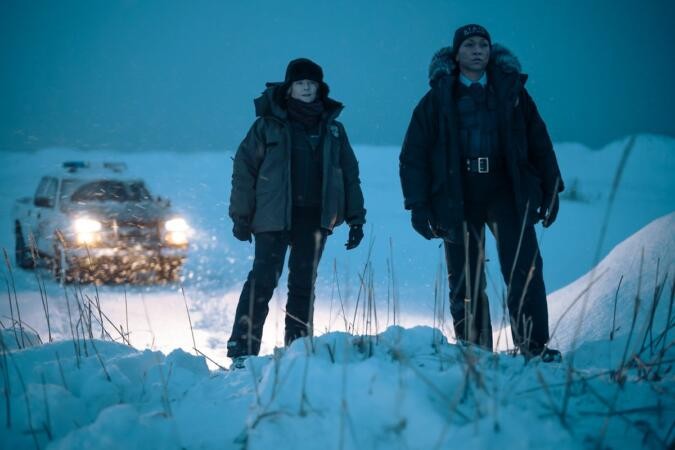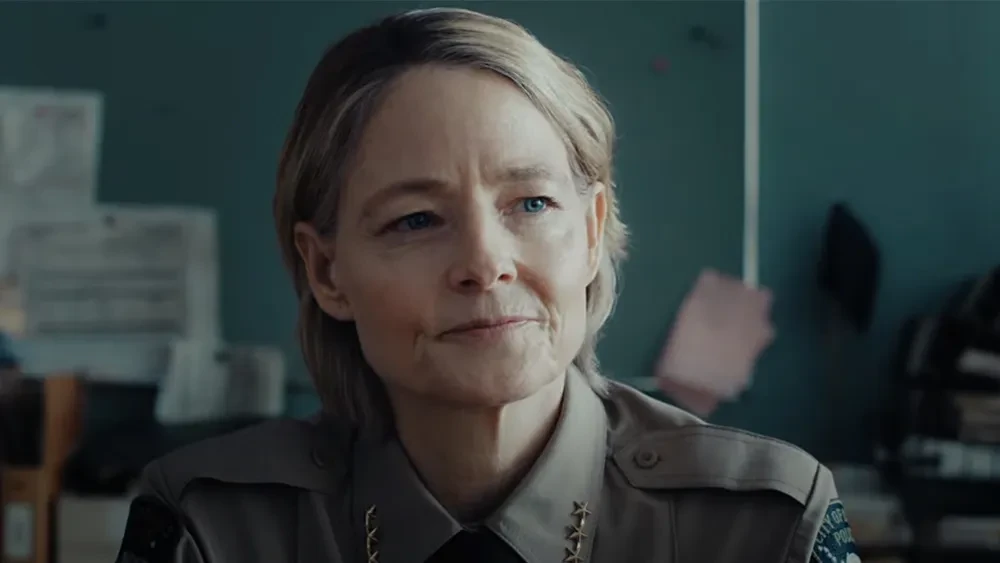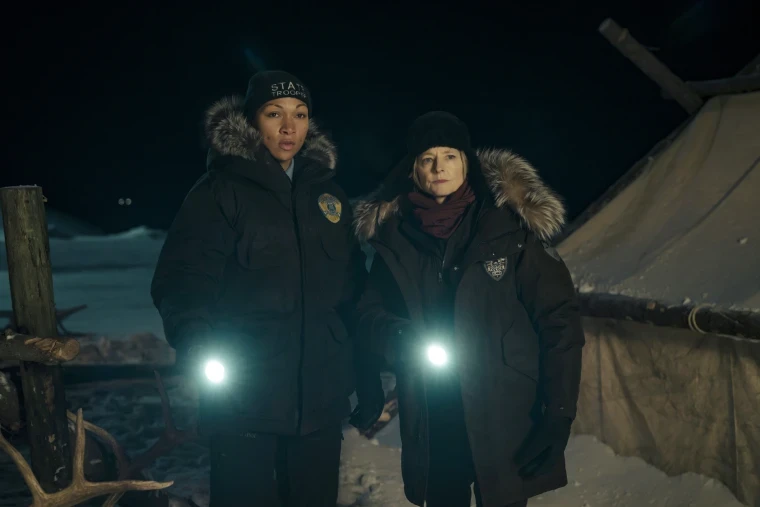Mexican filmmaker Issa Lopez called out ardent fans of True Detective for critically dismissing Season 4 of the series.
Barring Rachel McAdams in season 2, the True Detective series has been a highly testosterone-driven show featuring big league stars like Woody Harrelson, Matthew McConaughey, Mahershala Ali, and Colin Farrell as the central protagonists. Season 4 has brought in a strong female presence with veteran Hollywood star Jodie Foster teaming up with boxer-turned-actor Kali Reis in a crime investigation set in Alaska.

Jodie Foster and Kali Reis in True Detective 4
The season titled Night Country began streaming from the 14th of January on HBO and is already being talked about extensively, although not always in a positive manner. Season 4 showrunner and director Issa Lopez has gone on record to express her displeasure on her labor of love being criticized and brough down by hardcore True Detective fans.
Why is True Detective Season 4 Facing Flak From Fans?
A seasoned performer like Jodie Foster headlining a show would seem like a sure shot route to success. But this does not seem to be the case for Season 4 of True Detective. The popular HBO crime drama which has been led by various A-list stars in earlier seasons, has now brought feminine energy to the fore with Foster teaming up with rising star Kali Reis. Mexican filmmaker Issa Lopez who is the creator and showrunner of this season, completes the female contingent.

True Detective 4 is facing criticisms from fans
Unfortunately, season 4 titled Night Country, has faced severe backlash from ardent True Detective fans. In what was seen as a case of ‘review bombing’, a certain section of viewers have reportedly ganged up to ensure that the series’ impressive Rotten Tomatoes rating of 92% is undone by a poor audience rating of 69%. This move has prompted Lopez to address the disturbing situation in a now deleted tweet on her X handle.
“So, if you liked last night’s [episode] of [‘True Detective: Night Country‘], and have a Rotten Tomatoes account, maybe head over there and leave an audience review? The bros and hardcore fanboys of [Season 1] have made it a mission to drag the rating down, and it’s kind of sad, considering all the 5 star ones.”
While the reasons behind this group of fans reacting in this manner has not been specified by Lopez, a look into the past would indicate that gender bias could have a big role to play. If earlier examples involving The Marvels with Brie Larson and Greta Gerwig’s Barbie are to be analyzed, an all female-led cast and crew have automatically been at the receiving end of backlash, which points to a disturbing trend of misogyny.
Why Issa Lopez Signed On For True Detective
Famed Mexican filmmaker Issa Lopez helms a strong women-led team featuring Jodie Foster and Kali Reis in the 4th season of the HBO crime anthology, True Detective. The show is currently receiving very good responses from audiences and critics despite Lopez claiming unreasonable criticisms from certain sections of hardcore fans.

A scene from True Detective: Night Country
In an interview with Deadline, the director spoke about many aspects of the series and the experiences and challenges she faced while working in the brutal winter of Alaska where the story is set. Lopez also revealed the trigger that prompted her to accept the opportunity to helm this project.
“Well, I think this is the least extraordinary thing to say in the world, but I’ve always loved murder mysteries. Don’t we all? I don’t think I’ve ever met anybody that doesn’t. It’s just this fascination with two things — tragedy happening to anybody not me, and a puzzle — and if you put those together and serve a nice cocktail, who can resist?
Lopez also revealed how she subconsciously worked on a crime-based narrative during the pandemic, and believed that it was her good fortune that she had the chance to incorporate her ideas when she got the call to direct season 4 of True Detective.

